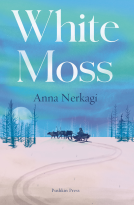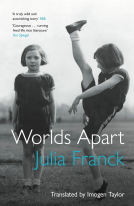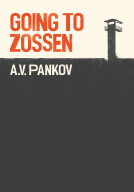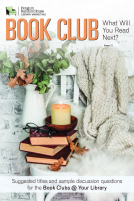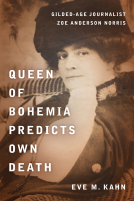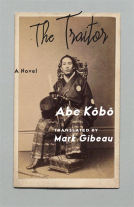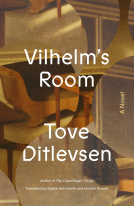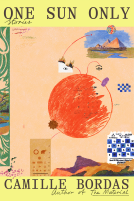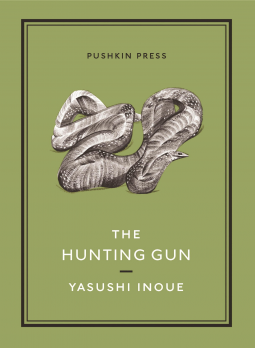
The Hunting Gun
by Yasushi Inoue
This title was previously available on NetGalley and is now archived.
Send NetGalley books directly to your Kindle or Kindle app
1
To read on a Kindle or Kindle app, please add kindle@netgalley.com as an approved email address to receive files in your Amazon account. Click here for step-by-step instructions.
2
Also find your Kindle email address within your Amazon account, and enter it here.
Pub Date Sep 23 2014 | Archive Date Sep 23 2014
Steerforth Press | Pushkin Collection
Description
The Hunting Gun follows the consequences of a tragic love affair. Told from the viewpoints of three different women, this is a story of the psychological impact of illicit love. First viewed through the eyes of Shoko, who learns of the affair through reading her mother's diary, then through the eyes of Midori, who had long known about the affair of her husband with Saiko, and finally through the eyes of Saiko herself. This novella is incredibly powerful, with universal resonance and a true modern classic of the 20th century.
Pushkin Collection editions feature a spare, elegant series style and superior, durable components. The Collection is typeset in Monotype Baskerville, litho-printed on Munken Premium White Paper and notch-bound by the independently owned printer TJ International in Padstow. The covers, with French flaps, are printed on Colorplan Pristine White Paper. Both paper and cover board are acid-free and Forest Stewardship Council (FSC) certified.
Advance Praise
"This slight but elegant and moving novella is a lovely introduction to a prolific Japanese writer (1907-1991) largely unknown in the West." — Kirkus Reviews
"Yasushi Inoue was one of 20th-century Japan’s most prolific and garlanded authors, but few of his works are available in English. The London-based publisher, Pushkin Press, is helping to remedy this by bringing out a series of handsome new editions. Inoue’s debut, The Hunting Gun, was first published in 1949. This astonishingly poised and psychologically acute novella tells the story of a doomed love affair between Saiko, a divorcee, and Misugi, her sister’s husband. Like Inoue’s other early novella, Bullfight, this is both a compelling drama and an oblique philosophical exploration into the essential 'solitude of the human condition.' A recurring conceit — the 'snake' of sin that Misugi insists lies in every human heart — would seem to speak to the national soul-searching in post-war Japan. In a self-deprecating afterword, written late in his career, Inoue laments the novella’s 'very green' narrative technique and the 'youthful ungainliness' of the whole. If that’s true, then this is surely the most elegantly ungainly story ever penned." — The Independent
"Concise and artful" — Der Spiegel
Marketing Plan
Dedicated US-based publicist to handle North American campaignTargeted mailing to national and special interest mediaSocial Media
Dedicated US-based publicist to handle North American campaignTargeted mailing to national and special interest mediaSocial Media
Available Editions
| EDITION | Other Format |
| ISBN | 9781782270010 |
| PRICE | $16.00 (USD) |
Average rating from 4 members
Featured Reviews
 Mandy J, Reviewer
Mandy J, Reviewer
Another little gem from Pushkin Press, this powerful and moving novella from one of Japan’s most prolific and acclaimed authors is a tale of love and loss, betrayal and tragedy. In spare and restrained but always lyrical prose, slowly and inexorably, we learn of a love affair gone wrong through the eyes of the three women affected by it – the lover, her daughter and the abandoned wife. In three letters they relate their feelings and experiences so we see the affair from three different points of view. Set just after WWII, it’s an atmospheric and gentle tale, never sentimental, with some beautiful and potent imagery. It feels typically Japanese, and sometimes that sort of controlled writing can seem cold, but here it works very well and I’m delighted to have discovered it.
Readers who liked this book also liked:
Rachel Joyce
Historical Fiction, Literary Fiction, Women's Fiction
